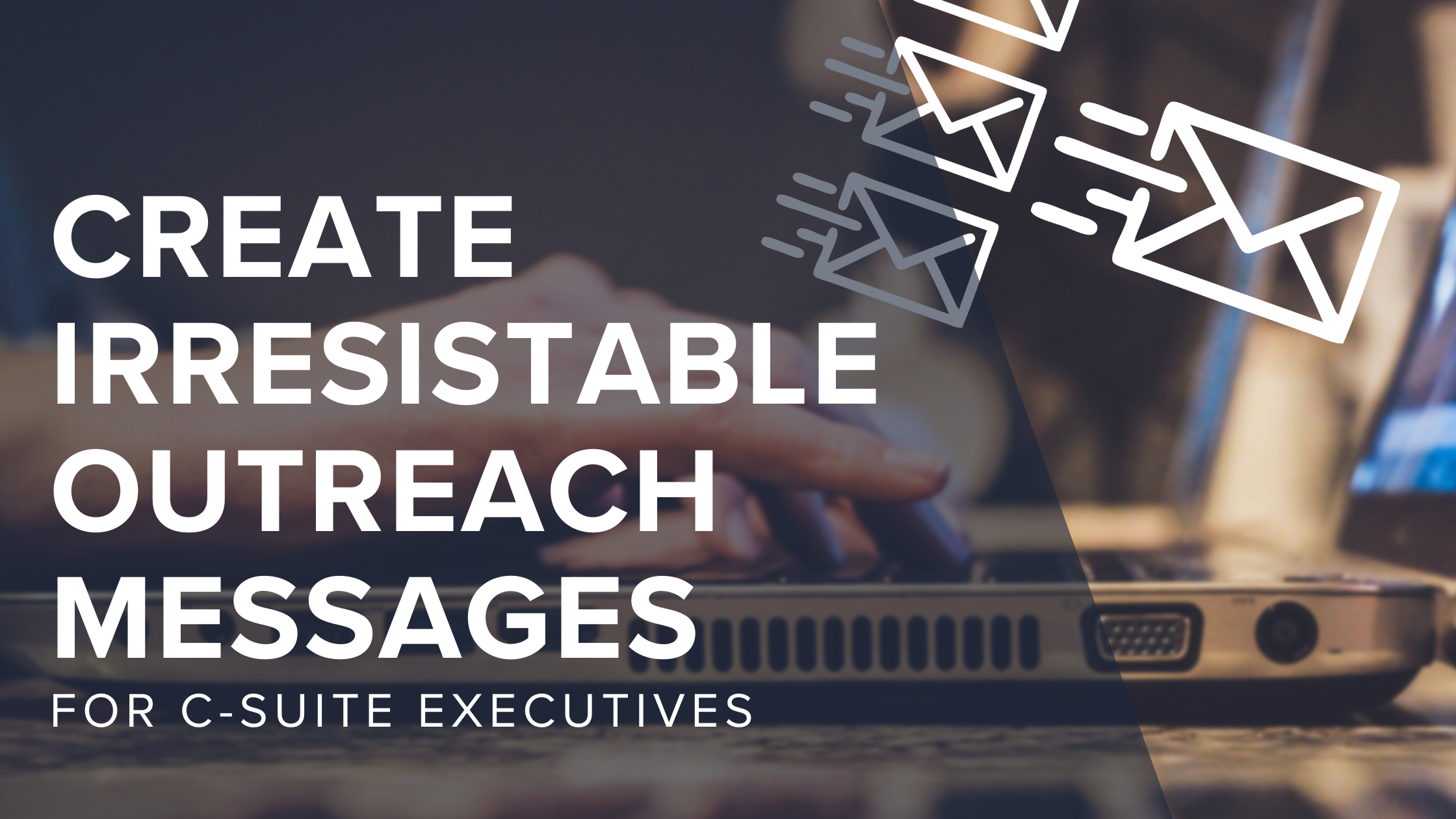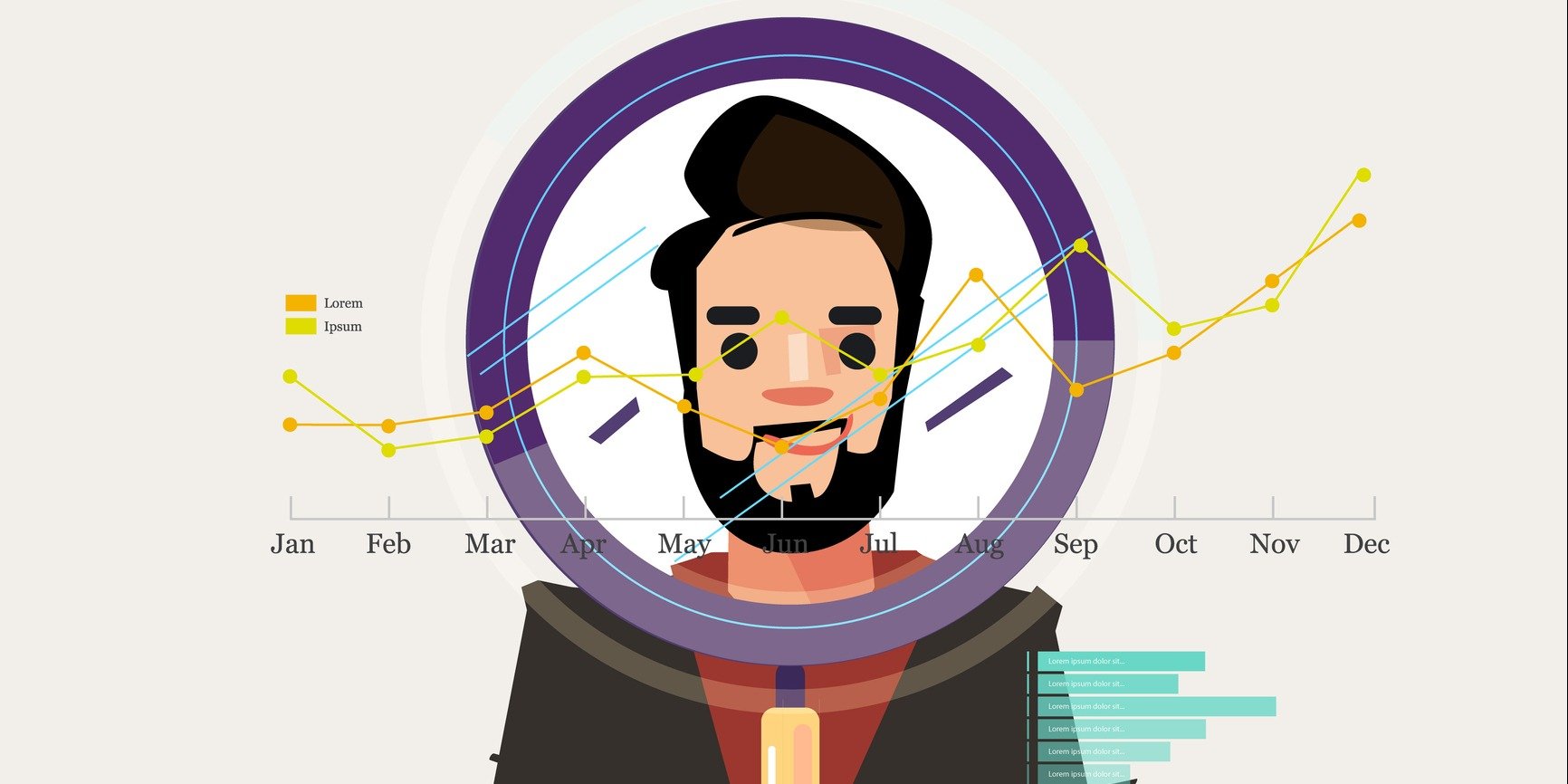The Power of Personalization: Crafting Irresistible Outreach Messages for C-Suite Executives
The Importance of Personalization in B2B Sales In today's competitive B2B landscape, generic outreach messages simply do not cut it, especially when...
2 min read
 Emily Hartzell
:
February 13, 2024
Emily Hartzell
:
February 13, 2024


In the hustle and bustle of today's digital realm, where every scroll and click inundates consumers with information, personalization emerges as the beacon guiding businesses through the noise toward their audience.
Personalization isn't just a strategy within the sphere of lead generation; it's the secret sauce that transforms casual leads into committed customers, driving conversions and revenue along the way. Let’s discuss how personalization plays a big role in lead generation and how you can personalize your lead generation for success.
Personalization in lead generation refers to the practice of tailoring marketing efforts and communications to resonate with the unique preferences, behaviors, and needs of individual leads or segments of your audience. By customizing interactions, content, and offers, businesses can enhance engagement, build trust, and increase the likelihood of conversion.
Dynamic Content: Websites and emails dynamically adjust content based on user behavior or preferences. For instance, showing personalized product recommendations based on past purchases or browsing history.
Targeted Email Campaigns: Sending personalized emails with relevant content, such as product recommendations, based on the recipient's interests or previous interactions with the brand.
Customized Landing Pages: Creating landing pages tailored to specific audience segments or personas, addressing their pain points, and offering solutions.
Audience Segmentation: Divide your audience into distinct segments based on demographics, behavior, or preferences. This allows for targeted messaging and more effective communication.
Identifying Target Personas: Develop detailed buyer personas representing your ideal customers. Understand their needs, challenges, and preferences to tailor your approach accordingly.
Utilize Tailoring Your Approach for Maximum Impacting Tools: Leverage various tools and technologies such as CRM systems, marketing automation platforms, and analytics tools to collect data, track interactions, and personalize marketing efforts effectively.
Crafting Customized Content: Develop content that speaks directly to the pain points, interests, and goals of your target audience segments. This could include blog posts, videos, case studies, and social media content.
Personalized Emails: Customize email campaigns with personalized subject lines, content, and offers based on recipient behavior, preferences, or lifecycle stage.
A/B Testing: Continuously test different variations of your personalized content, emails, and campaigns to identify what resonates best with your audience and optimize for better results.
Personalization is not just a buzzword. It is an important step for any business looking to implement a successful lead generation strategy. By understanding your audience, leveraging the right tools, and implementing personalized tactics effectively, businesses can start meaningful connections, drive engagement, and ultimately convert leads into loyal customers.
Overcoming challenges in personalization requires a strategic approach, continuous learning, and adaptation to evolving consumer preferences and technological advancements. By embracing personalization, businesses can unlock the full potential of their lead generation efforts and achieve sustainable growth in the digital age.

The Importance of Personalization in B2B Sales In today's competitive B2B landscape, generic outreach messages simply do not cut it, especially when...

Many of us have heard that personalized content is king in digital marketing. But what does that mean? While over 82% of marketers say that they are...

1 min read
Those of us who were on the internet or otherwise watching the news in the autumn of 2016 might remember when there was a rash of evil clown...